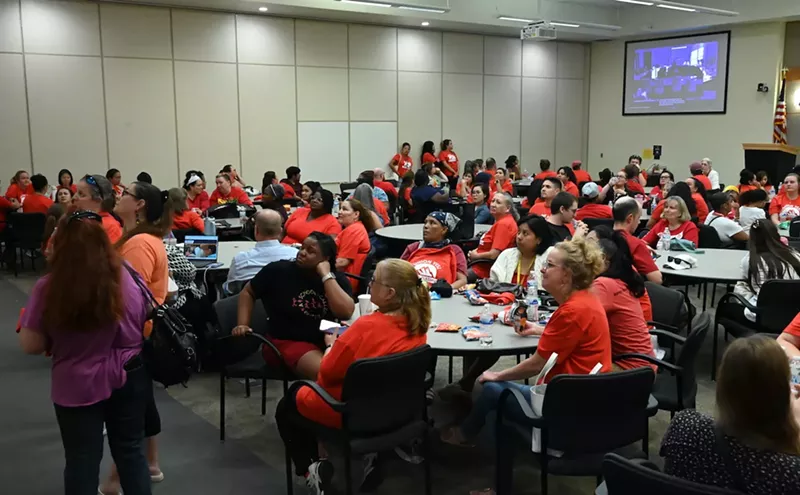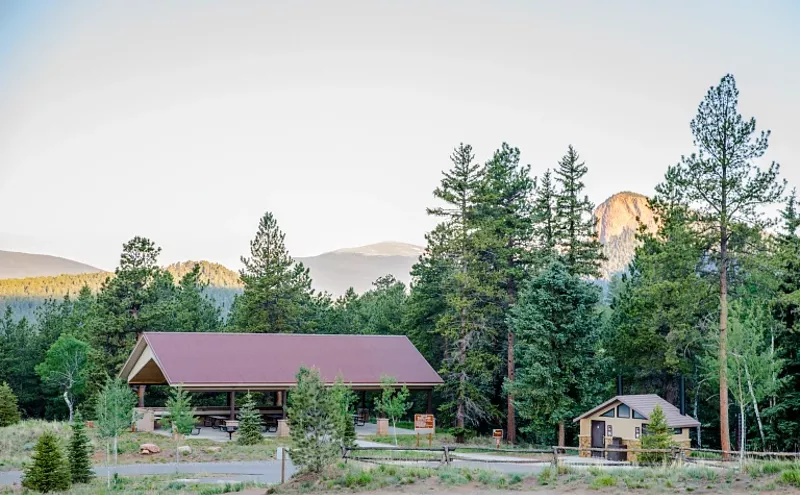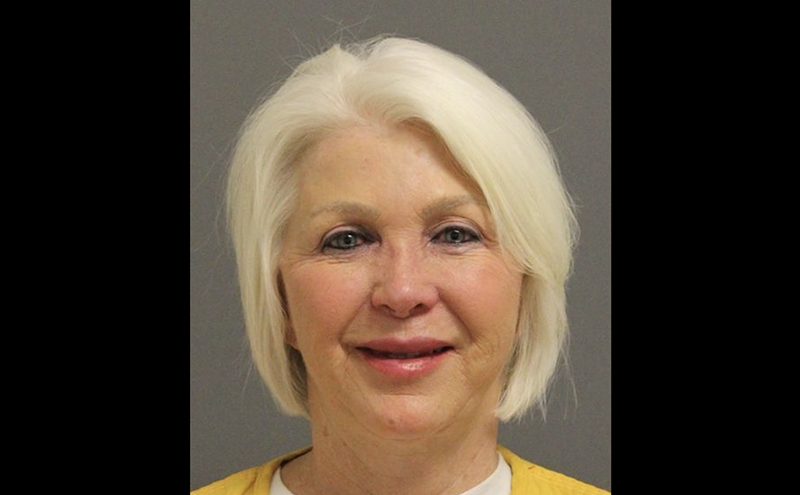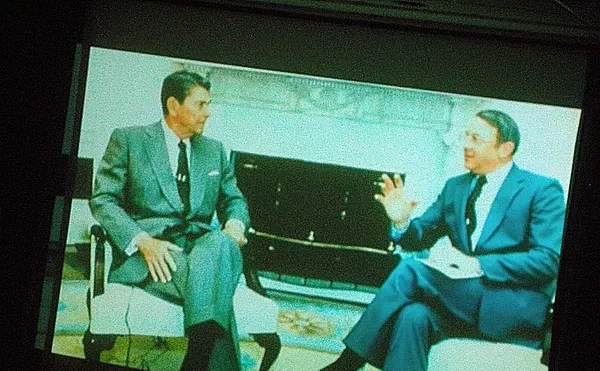In court.
Horner was already spurned there last month, when Denver County Court Judge Ray Satter tossed one of his complaints against the Proof nightclub and sent the other back to square one. But Horner does not take no for an answer.
He turned right around and filed a complaint in county court against Westword, asking for $15,000 in damages (plus a $46 filing fee and $37 for the process server) because "from January to May 2007, the defendant published at least 30 discriminatory ads" — and Horner thinks he's entitled to $500 per.
The offending items? Advertisements touting ladies' nights at clubs around town.
Horner has been beating up on ladies' nights since the early '90s, when the newly divorced father of two boys decided he "needed to get out of his house" in Apple Valley, Minnesota, and headed over to Gators, a popular spot at the Mall of America. At the door, he discovered that while he'd have to fork over $5 — half of the stash he'd saved for his night out — ladies were getting in free. Never mind that you'd have to pay any right-thinking woman to even set foot in a spot like that, Horner complained that that he'd been discriminated against to Minnesota's Department of Civil Rights. He complained so ardently — Horner does not take no for an answer — that at one point he was locked up for harassing the department's director. But while Horner got a record, he also gained a cause. And as he's moved from town to town — Phoenix, Portland, Boise, San Antonio — he's continued to campaign against what he sees as the unconscionable, oppressive, un-American unfairness of ladies' nights.
In July, Horner landed in Denver. A month later, he made an appointment to meet a work contact (in addition to being an anti-gal-night gadfly, Horner's a work and family coach) at the Proof, only to discover — horror of horrors! — that it was ladies' night. And so he filed a complaint against the club with the Colorado Division of Civil Rights, and after the two parties were unable to arrive at a settlement through mediation, Horner returned to the Proof in February. This time he was denied entrance, and so he filed two more complaints against the Proof in Denver County Court.
Casey Paison represented the Proof in Satter's courtroom on April 19; he got the retaliation claim dismissed by arguing that when Horner showed up at the club a second time, the managers had "good, neutral reasons for not letting him in" — reasons easily discerned by reading about Horner's past antics. And since Horner didn't make it inside the club, he couldn't have been discriminated against there. As for any claim involving the August incident, Satter said that it couldn't proceed in court because the Division of Civil Rights had sent it to the Colorado Civil Rights Commission, which had yet to issue a final ruling.
The judge "weaseled out on his decision," Horner says. "But he had legitimate grounds for being a weasel."
On May 18, though, the commission finally issued a letter closing out Horner's initial complaint, concluding that while the "differential pricing" at the Proof's ladies' night was a violation of the public accommodations law, the commission could not award monetary damages. "Wimp," Horner says.
Now that Horner has exhausted his options with the commission, he can still pursue legal action against the Proof in county court or perhaps even with the district attorney. Except he thinks he may be done with that club. "I'm not going to pick on them," he says. "There are a few others that I'm going after." The Stampede, for example; he has a claim pending against that ladies'-night powerhouse in Arapahoe County. And Coyote Ugly. And Moon Time. I blame myself for that one; that's where I first interviewed Horner — and, yes, bought him a beer ("Ladies' Plight," February 15). He liked the place enough that he made another business appointment there, and while he was sitting on that great rooftop deck, he discovered that it was ladies' night. The horror! Again! "You've got to pay full price, dude," a bunch of brewsky-sipping "rambunctious" ladies told him. That earned them one of Horner's trademark lectures on how he thought feminists didn't want favors. "As soon as there's a woman president, you can get a dollar beer," they responded. "My getting screwed out of a beer has nothing to do with who runs for president," he concluded.
And not wanting to wait around for Hillary's election, Horner slapped Moon Time with a $500 claim.
But Moon Time was an exception. Since it costs Horner $47 every time he files a claim, "I've put my money to frying bigger fish," he says. And so now he has Westword on the line for publishing ads for establishments that feature the dreaded ladies' night.
Still, there could soon be hundreds of other bars feeling the heat. At the May meeting where it laid the Horner case to rest, the Colorado Civil Rights Commission also decided to discuss adopting a resolution at its June 25 meeting that "ladies' night promotions may not involve price differentials or other differentials based on a protected class, whatever the intent," says division director Wendall Pryor, reading from as-yet-unofficial minutes. "The commission strongly discourages ladies' night promotions and recommends instead that establishments consider neutral promotions involving perhaps free or reduced admissions to a limited number of customers who appear before a certain time." Pryor says he'll be talking about that proposal with Pete Meersman, head of the Colorado Restaurant Association.
The CRA is a trade association, not a governmental entity, and a resolution is not a law. Meersman's group doesn't yet have an official position, he says, "but the CRA wants to protect the rights of business owners to make business decisions that are based on customer demand."
Back in Minnesota, Horner got his first big publicity break when the state restaurant association wrote a piece about his campaign. "It ignited like a prairie fire on a hot afternoon," he remembers. "The more vengeful people got, the deeper I dug my heels in. It made me stronger."
If not downright wacked. "Patriotism is all about what you're going to do for defense of your rights and your liberty," he concludes. "It's not about what someone else is going to do."
See you in court.












